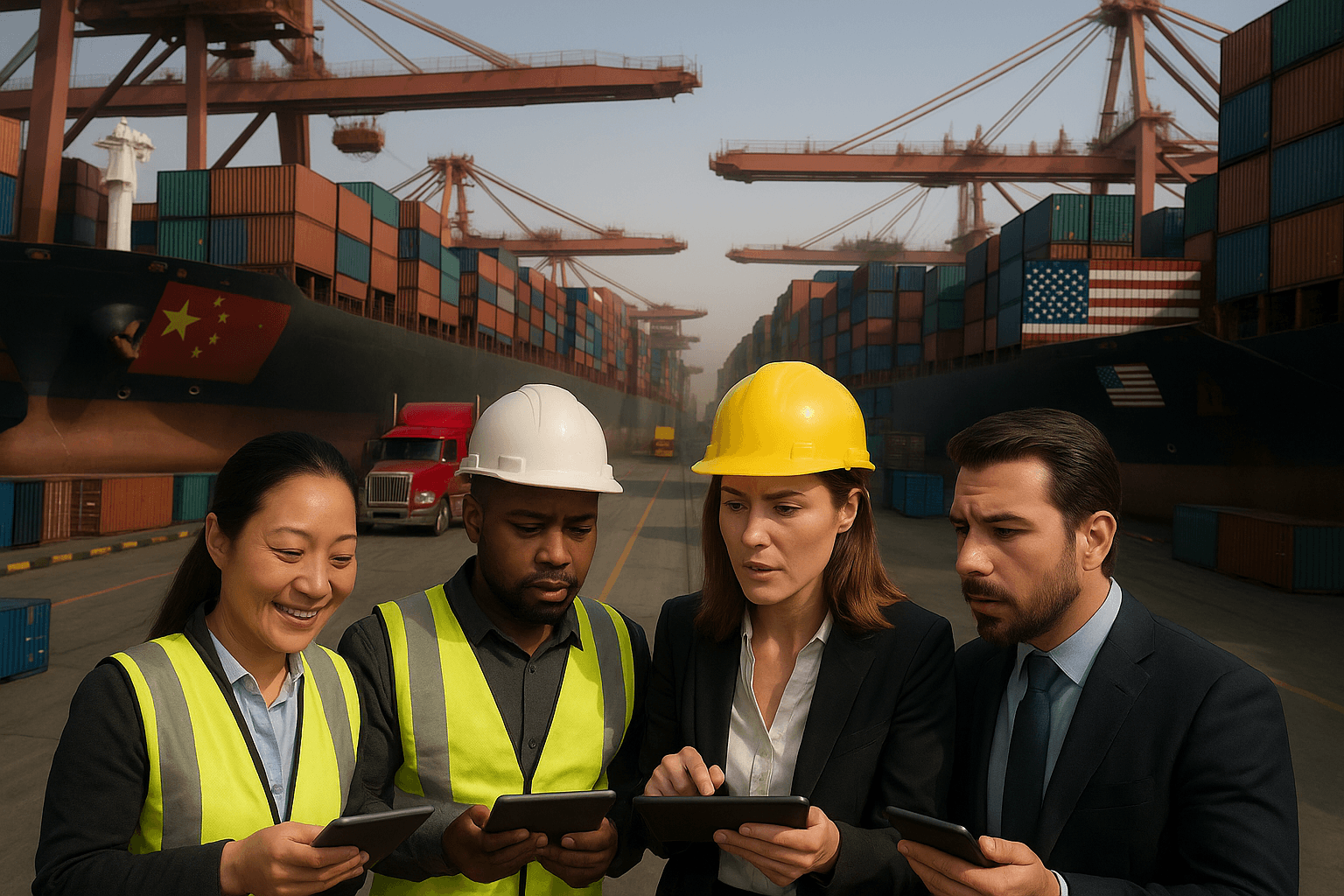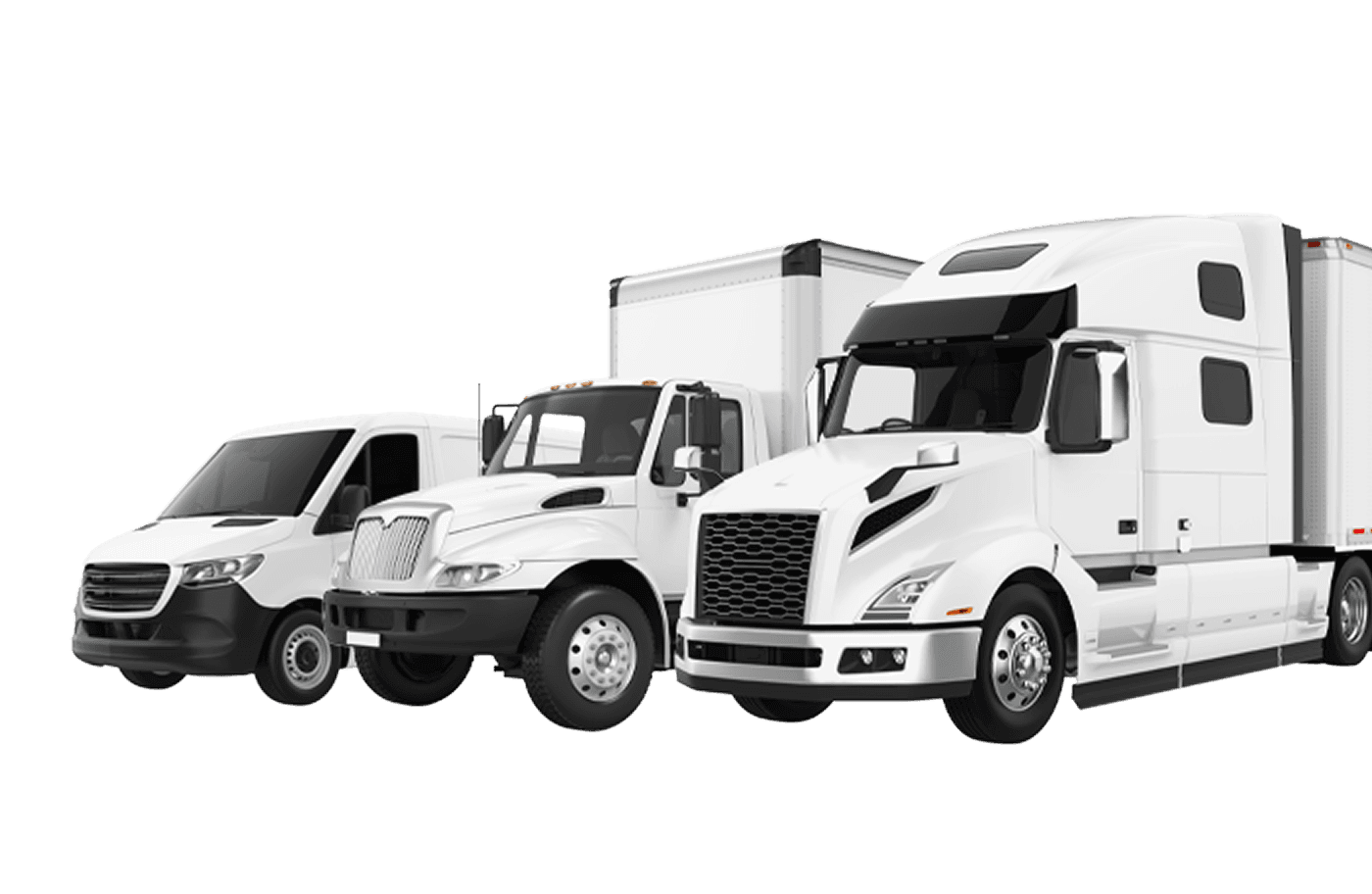Cross Docking Columbus: Inside the City Turning Logistics into a Science
How Columbus makes cross-docking a measurable, data-driven logistics model.
Unknow author
16 August 2025, 7 min read
Columbus: Where Cross-Docking Meets Precision
Few cities embody logistics innovation like Columbus, Ohio. Once known as a quiet regional hub, it has become a national benchmark for operational excellence — where freight handling blends with data science, automation, and strategic design. The phrase “cross docking Columbus” now stands for more than a service. It’s shorthand for precision logistics — the systematic, technology-enabled coordination that keeps America’s freight moving.
Columbus didn’t stumble into this role by chance. Its location, workforce, and forward-thinking investment strategy made it inevitable. The city sits within a single day’s drive of over half the U.S. population. Its industrial zones, from Groveport to Rickenbacker, host some of the most advanced cross-dock and fulfillment centers in North America. And its operators have turned efficiency into an art form — or rather, a science.
From Manual Coordination to Data-Driven Movement
In traditional cross-docking, success depends on timing and manpower. In cross docking Columbus, timing is still everything — but now it’s guided by algorithms. Local operators have integrated AI and predictive analytics into dock management, routing, and workforce scheduling.
When a truck is 45 minutes away, its dock assignment is already generated. Yard management systems track inbound volume and assign labor automatically. If one route experiences weather delays, digital twins — virtual simulations of the facility — predict when to reschedule loads to avoid bottlenecks.
This fusion of real-time data and operational design allows Columbus cross-dock facilities to function like synchronized machines. It’s not about working faster — it’s about working smarter.
Columbus as a Living Laboratory for Supply Chain Innovation
The city has become a proving ground for new logistics concepts. Local universities and research partnerships with major 3PLs have turned Columbus into an innovation sandbox where automation, robotics, and digitalization meet real-world freight.
Autonomous forklifts now handle repetitive pallet transfers. Drones perform inventory verification and yard mapping. AI systems forecast incoming freight surges based on national consumption trends.
This makes cross docking Columbus a prototype for the future — where every load, pallet, and driver movement feeds into a continuous loop of optimization.
Why Columbus Leads the Cross-Dock Revolution
Three key factors distinguish Columbus from other logistics cities:
• Location precision: Its central geography allows balanced inbound and outbound freight flows, reducing empty miles.
• Talent infrastructure: Workforce training programs in logistics technology, offered by local colleges, create a steady stream of skilled professionals.
• Operational culture: Columbus’s logistics sector values measurement. Facilities track dwell time, throughput speed, and per-pallet handling cost with scientific rigor.
This blend of geography, education, and discipline has turned Columbus into the standard by which other inland logistics markets are measured.
Cross-Docking and the eCommerce Acceleration
The explosion of eCommerce has redefined the role of cross-docking. Fulfillment centers rely on continuous inbound restocking, while retailers demand shorter delivery windows. In this environment, cross docking Columbus operates as the fast-transfer layer between suppliers and last-mile carriers.
For example, products arriving from East Coast ports are consolidated in Columbus overnight, sorted by region, and dispatched before dawn to surrounding states. No storage. No delay. Just motion.
Major retailers have embraced this model, using Columbus as their Midwest “flow-through hub.” It reduces handling costs, shortens lead times, and boosts delivery accuracy — the trifecta of modern logistics success.
The Science of Flow — Measuring Every Second
At the core of Columbus’s logistics culture is measurement. Every second between unloading and reloading matters. Facilities track key performance metrics like:
• Average dwell time per truck
• Pallet turnover velocity
• Dock utilization rate
• Labor productivity per shift
This analytical mindset converts logistics from a manual art into a measurable science. Instead of relying on intuition, Columbus operators use continuous feedback loops — every completed transfer feeds new insights into the system.
It’s this relentless optimization that allows cross docking Columbus to outperform competitors even during peak freight seasons.
Human Expertise in a High-Tech System
Even with advanced automation, people remain the backbone of Columbus’s logistics ecosystem. Cross-dock managers here blend technical literacy with practical experience. They use software to forecast demand but still rely on instinct to manage exceptions — a broken pallet, a driver delay, an unexpected freight substitution.
Training programs emphasize hybrid skill sets: warehouse associates learn to operate both forklifts and data terminals; dispatchers learn analytics alongside routing strategy. This synergy between human intuition and machine precision defines the Columbus model.
The city proves that technology doesn’t replace people — it empowers them to make better, faster decisions.
Sustainability and Smart Design
Efficiency in Columbus isn’t just operational — it’s environmental. Many cross-dock facilities have adopted energy-efficient LED systems, solar integration, and electric vehicle fleets for local drayage.
Sustainability is now a core part of the cross docking Columbus value proposition. The same data-driven systems that optimize labor also minimize waste — reducing idle times, fuel use, and unnecessary movement. In an industry often criticized for emissions, Columbus shows how optimization and sustainability can align.
Case Insight — How Columbus Turned a Regional Setback into an Advantage
When rail congestion in the Northeast disrupted inbound freight during 2024, Columbus faced a surge in diverted loads. Instead of collapsing under pressure, local cross-dock operators adapted. They reconfigured shift schedules, opened temporary overflow yards, and used predictive routing to balance volume.
Within two weeks, throughput increased by 18%, and regional distribution remained stable. The event became a textbook example of adaptive logistics — and a reason why cross docking Columbus is viewed as a national benchmark for flexibility.
The Future — Data as the Dock
The next evolution for Columbus logistics is fully integrated data ecosystems. Carriers, shippers, and facilities will soon share unified dashboards showing live freight positions, dock queues, and labor availability.
AI will not just optimize existing operations — it will anticipate future disruptions and recommend preemptive actions. For Columbus, this means staying at the forefront of predictive logistics — where science, data, and physical movement are indistinguishable.
Conclusion: Turning Logistics into a Science, One Dock at a Time
Cross docking Columbus represents the next stage in logistics evolution: precision-driven, technology-enabled, and human-centered. It’s a model where efficiency isn’t an accident — it’s engineered.
As national supply chains grow more complex, Columbus’s approach offers a glimpse into the future — where every load is data, every dock a decision, and every movement a measurable act of progress.
In Columbus, logistics isn’t just business. It’s science in motion.
You may also like

Unlocking Value Together: How the Sharing Economy Is Reshaping Logistics and Beyond
The New Age of Shared Value
0 min read

Bridging Giants: Navigating the US-China Supply Chain in a Shifting Global Landscape
Unlocking Opportunities Amidst Geopolitical Change
0 min read

Logistics Without Limits: How Franchising Is Fueling the Next Wave of Growth in the Industry
A New Era of Scalable, High-Performance Logistics
4 min read
Streamline Your Logistics Today
Partner with Freitty for smarter, faster, and more efficient cross-docking services.
